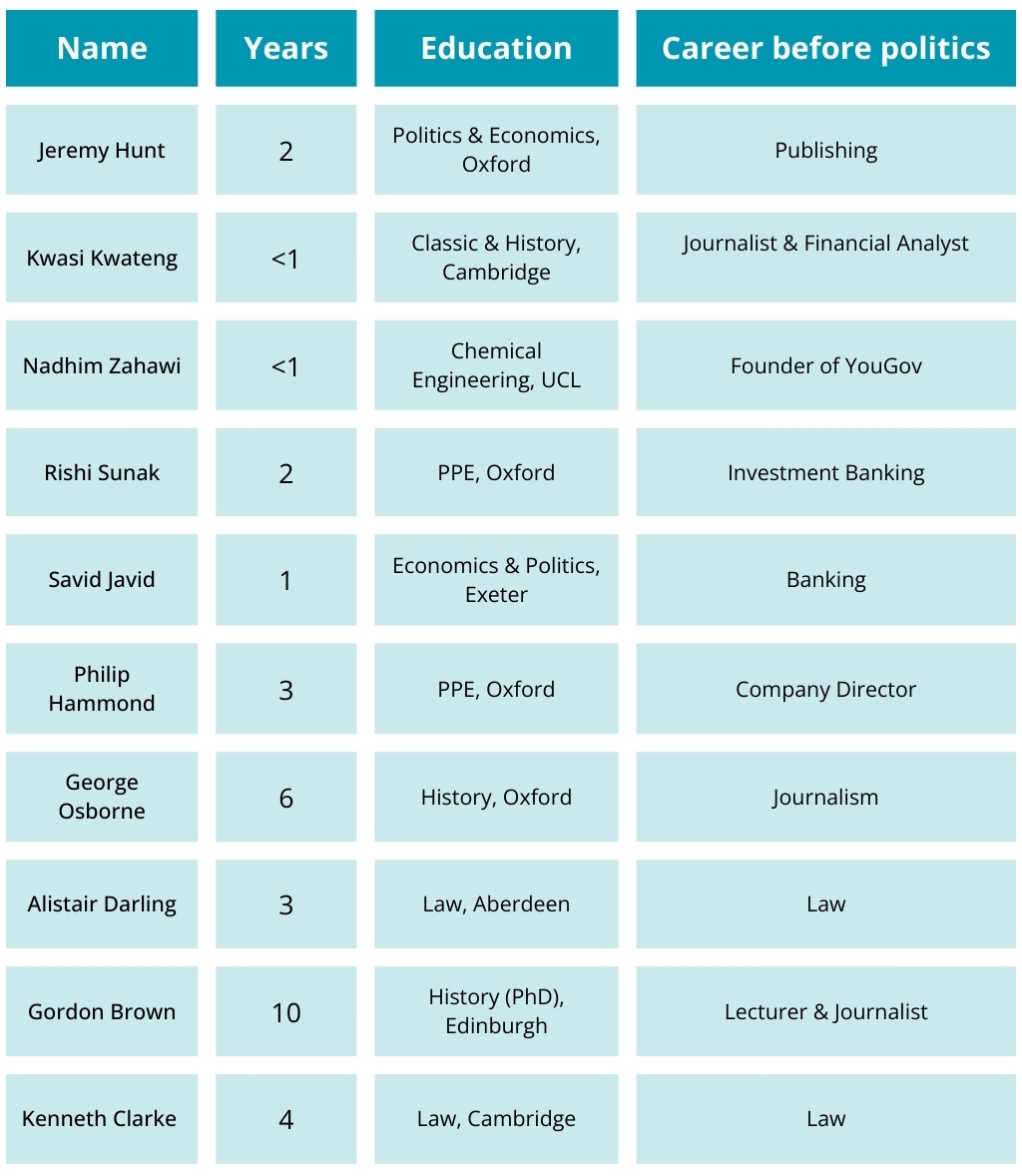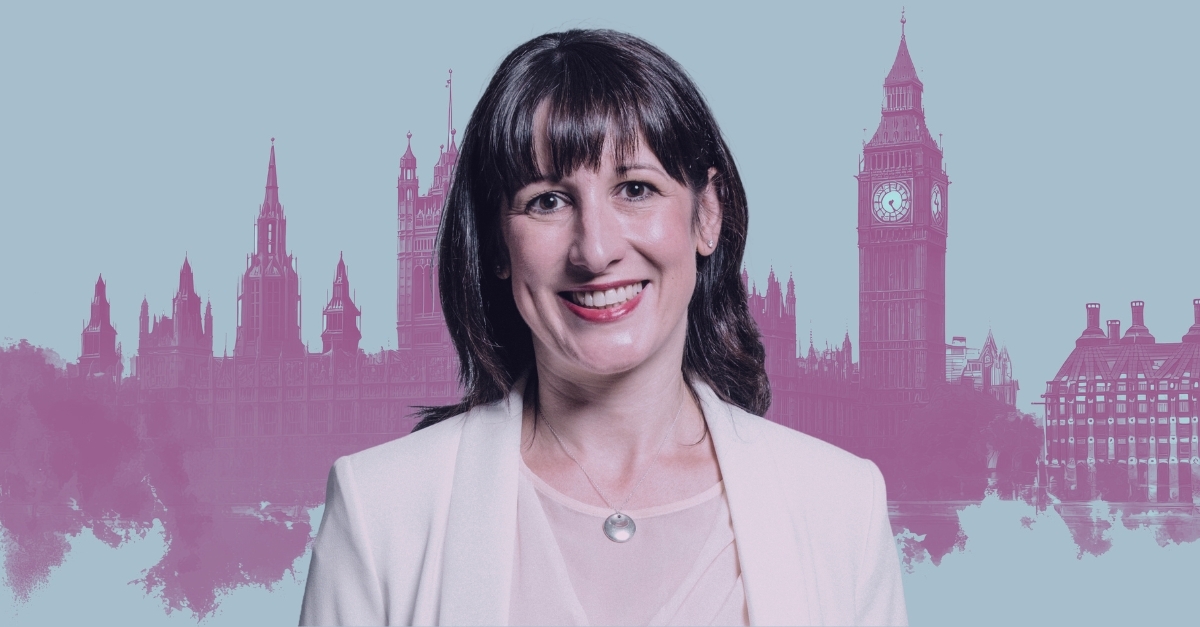If I asked you to guess the most frequently searched term that led people to accountingcpd, you might expect it to be something like "What is IFRS 18?" or "When do the recent changes in inheritance tax kick in?" But you'd be wrong. It was in fact:
"Is Rachel Reeves an economist?"
It is normal that anyone with a prominent role in a new government, should be the subject of scrutiny, but the attention paid to whether Rachel Reeves is qualified for the job of Chancellor strikes me as potentially worrying. Would any of her male predecessors have had the same level of attention paid to their CVs?
What makes someone an economist?
In order to answer the question, we first have to define what being an economist means. There is no standard definition, but I did a bit of research and found a useful description on the recruitment site, Indeed. Indeed may not be a standard reference source, but I figured that they ought to know, if they are advertising jobs:
"As financial experts, economists are required to have a master's degree in economics. Many economists go on to pursue a doctorate in order to qualify for top positions. They should have research or workplace experience analyzing information and learning about different tools for analyzing statistics."
Rachel Reeves' qualifications
So, I decided to take a look myself to see how our new Chancellor's CV stacks up against that definition, and against her more and less illustrious predecessors. To do that, I collected information about educational and professional background.
For Rachel Reeves it looks like this:

It's not all "being an economist" but it looks like she pretty closely fits the definition. She gets a tick for her Masters degree and another for relevant work experience.
Have previous Chancellors been economists?
So how does she compare to other Chancellors? Here are details for the last 10 Chancellors -- the number of years they stayed in post, their educational background, and their career before they came into politics.

The first thing that jumps out is that there are no Masters degrees or PhDs, and Banking is the only relevant experience. So, we can reasonably say that they are none of them economists.
We have 4 who studied PPE or a variant of it. So some background in economics, but a fully-fledged economist would probably be unimpressed by a degree that is split between 3 subjects, only one of which is economics.
Then we have 3 historians, 2 lawyers and a scientist. Sounds like a Richard Curtis Rom Com!
If we take a look at tenure -- assuming that staying in post and not getting sacked is a proxy for success in the role -- we find that both the longest serving Chancellors, Gordon Brown (10 years) and George Osborne (6 years), were not economists, but historians.
Now let's look at work experience. Rachel Reeves has worked as an economist in some key international financial institutions. That has to be good news, doesn't it?
Looking at our rogues' gallery, we have 3 journalists, 1 publisher, 2 bankers, 2 lawyers and 2 business people.
And which of those were our two longest serving Chancellors? They were both journalists, in Gordon Brown's case with one foot in academia.
So what does all this add up to? I came into this believing that an understanding of economics and some experience in financial institutions would be the key prerequisites for success, and that that made Rachel Reeves possibly the most qualified Chancellor in my lifetime.
But now I realise that, in fact, all you need for success is to know your history and be able to tell a good story -- unless, that is, you are Kwasi Kwarteng!
Sorry Rachel.
Image credit: https://www.parliament.uk

You need to sign in or register before you can add a contribution.